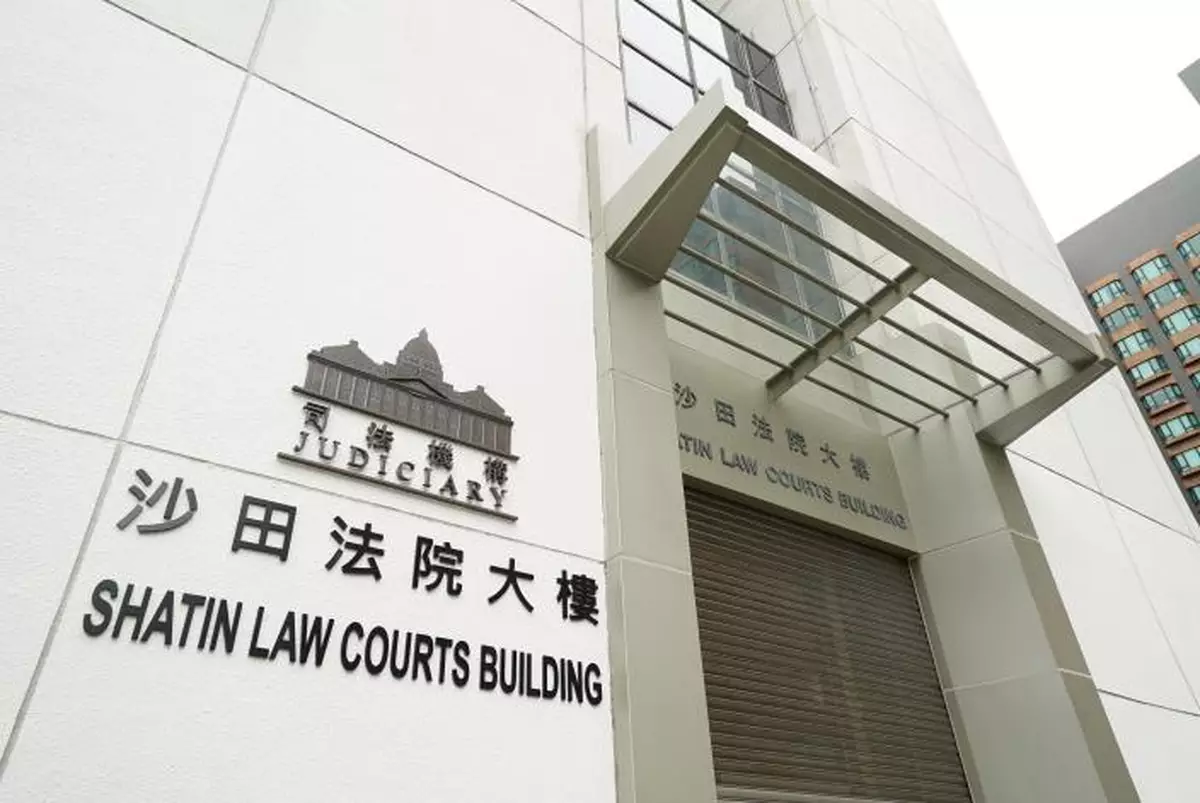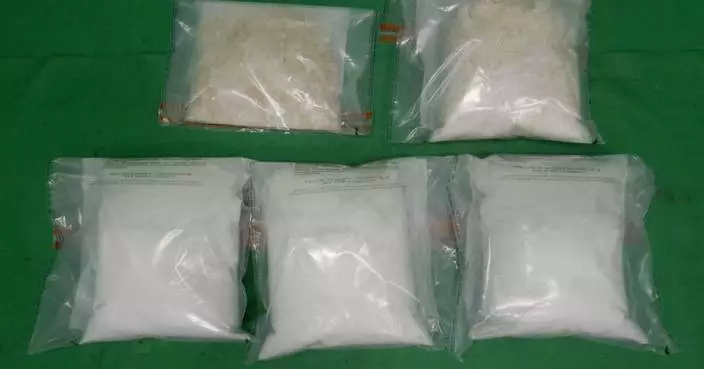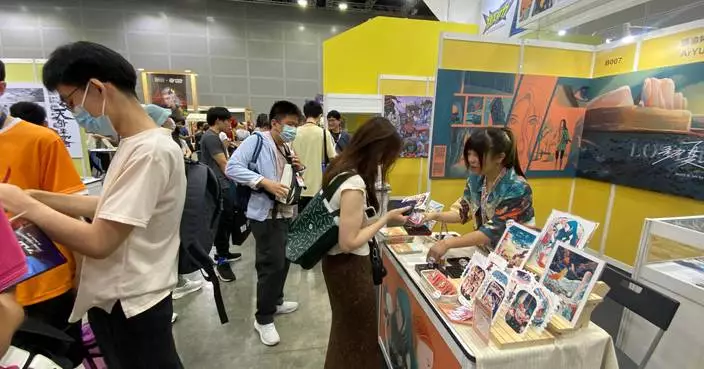Six former foreign domestic helpers jailed for overstaying and performing illegal work
Six former foreign domestic helpers were jailed by the Shatin Magistrates' Courts yesterday (September 12) for overstaying and performing illegal work.
During an anti-illegal worker operation conducted on September 10, Immigration Department (ImmD) officers from Foreign Domestic Helpers Special Investigation Section raided a food manufacturing plant in Tsuen Wan District. Six Indonesian females, aged between 33 to 46, were arrested while working as cleaning workers on different floors of the plant. Upon enquiry, they were found to be former foreign domestic helpers and have overstayed in Hong Kong. An employer suspected of employing the six illegal workers was also arrested and the investigation is ongoing.
The six arrested illegal workers were charged at the Shatin Magistrates' Courts yesterday with taking employment while being a person who, having been given permission to land in Hong Kong, had remained in Hong Kong in breach of their limit of stay imposed in relation to the permission and overstaying in Hong Kong. They pleaded guilty to all charges and were sentenced to a total of 15 months' imprisonment respectively.
An ImmD spokesman warned that, "As stipulated in section 38AA of the Immigration Ordinance, an illegal immigrant, a person who is the subject of a removal order or a deportation order,an overstayeror a person who was refused permission to land is prohibited from taking any employment, whether paid or unpaid, or establishing or joining in any business. Offenders are liable upon conviction to a maximum fine of $50,000 and up to three years' imprisonment."
The spokesman reiterated that it is a serious offence to employ people who are not lawfully employable. Under the Immigration Ordinance, the maximum penalty for an employer employing a person who is not lawfully employable, i.e. an illegal immigrant, a person who is the subject of a removal order or a deportation order,an overstayeror a person who was refused permission to land, has been significantly increased from a fine of $350,000 and three years' imprisonment to a fine of $500,000 and 10 years' imprisonment to reflect the gravity of such offences.The director, manager, secretary, partner, etc, of the company concerned may also bear criminal liability.The High Court has laid down sentencing guidelines that the employer of an illegal worker should be given an immediate custodial sentence.
According to the court sentencing, employers must take all practicable steps to determine whether a person is lawfully employable prior to employment. Apart from inspecting a prospective employee's identity card, the employer has the explicit duty to make enquiries regarding the person and ensure that the answers would not cast any reasonable doubt concerning the lawful employability of the person. The court will not accept failure to do so as a defence in proceedings. It is also an offence if an employer fails to inspect the job seeker's valid travel document if the job seeker does not have a Hong Kong permanent identity card. Offenders are liable upon conviction to a maximum fine of $150,000 and to imprisonment for one year. In that connection, the spokesman would like to remind all employers not to defy the law and employ illegal workers. The ImmD will continue to take resolute enforcement action to combat such offences.
Under the existing mechanism, the ImmD will, as a standard procedure, conduct aninitial screening of vulnerable persons, including illegal workers, illegal immigrants, sex workers and foreign domestic helpers, who are arrested during any operation, with a view to ascertaining whether they are trafficking in persons (TIP) victims. When any TIP indicator is revealed in the initial screening, the officers will conduct a full debriefing and identification by using a standardised checklist to ascertain the presence of TIP elements, such as threats and coercion in the recruitment phase and the nature of exploitation. Identified TIP victims will be provided with various forms of support and assistance, including urgent intervention, medical services, counselling, shelter, temporary accommodation and other supporting services. The ImmD calls on TIP victims to report crimes to the relevant departments immediately.

Source: AI-generated images








